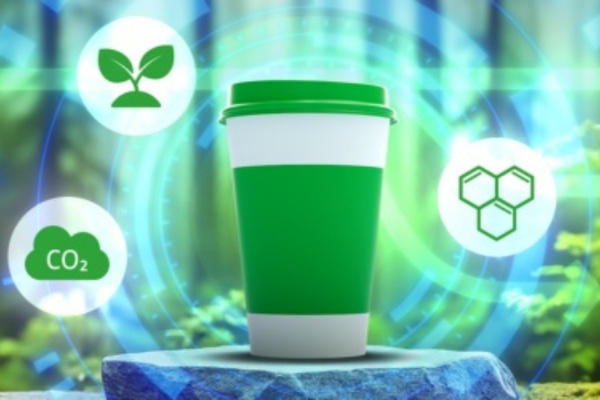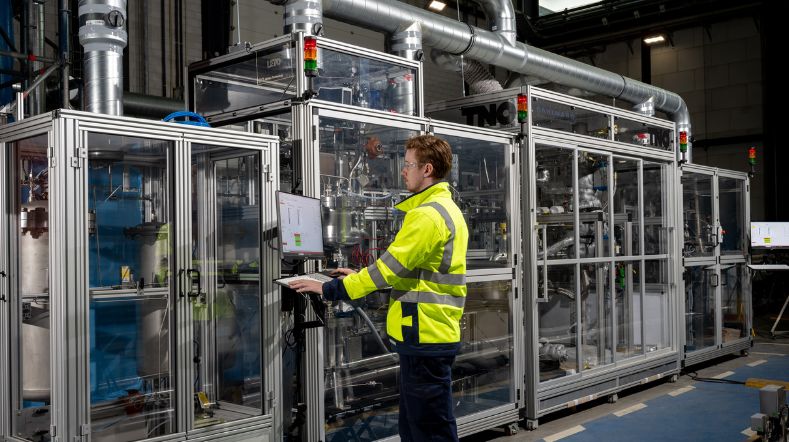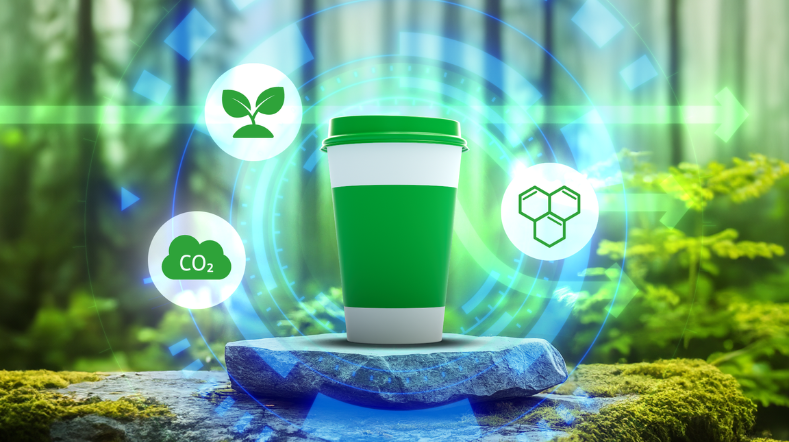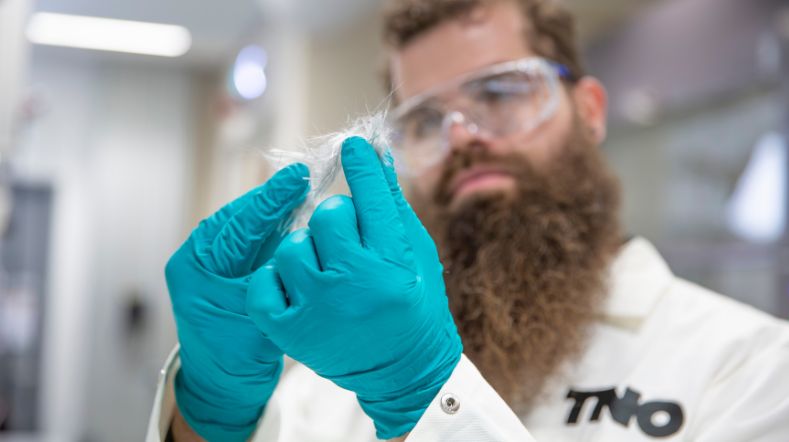Biobased plastics in a sustainable future
Plastics are essential for a sustainable future because of their lightweight, strength, versatility and role in reducing food waste. Global demand is expected to exceed 1 billion tonnes in 2050. Discover how TNO guides companies in making plastic production fully sustainable with a 3-step plan.
The urgency of sustainable plastic production
Currently, plastic production is responsible for 5% of global CO2 emissions and consumes huge amounts of fossil raw materials. Therefore, the time has come to thoroughly revise the system, bearing in mind that only 60-70% of our raw materials are based on recycled plastic. Given this, we also need sustainable solutions to facilitate the production of so-called virgin plastics.
3-step plan to biobased plastic
We have no choice but to keep producing new plastic. To do this in a sustainable way, we need to replace fossil carbon as a raw material with renewable (CO2 or biobased) carbon. This seems simple. However, deciding which sustainable alternative to use is not.
The question is whether to opt for a new type of plastic, a drop-in biobased option (copy of the plastic) or will a CO2-based solution suit your product better? How do you choose the best mix for your company? And what impact will it have?
TNO has developed a 3-step plan that allows companies to choose the best route to a sustainable alternative for the nine most commonly used fossil-based plastics. From PP in car parts and PET in bottles to PA in clothing. This supports companies in selecting the most sustainable and economically viable option, enabling them to lead in innovation and sustainability.
Webinar: Biobased plastics in a sustainable future
It's time to make our plastic production sustainable. Watch our webinar from 11 March 2025 on demand and discover how TNO's 3-step plan helps companies transition to fully sustainable, renewable carbon alternatives.

Whitepaper: Pathways to sustainable plastics
Unlocking opportunities in biobased plastic.
Sustainable plastic alternatives
We identify a number of routes in respect of the various sustainable alternatives to the production of new plastic:
- Alternative Biobased Polymers: alternative biobased polymers can perform the same functions as fossil variants.
- Drop-in Biobased Polymers: here, biomass is used to create a copy of the chemical building blocks that are currently being extracted from fossil resources.
- CO2-based polymers: here, the same building blocks are created from captured CO2.
Specific opportunities for sustainable plastics
By exploring specific situations and applications in this way, we can shift the focus from challenges to solutions. We look at the best option for a specific situation per product and application. This allows us to define the role and potential of biobased plastics much better.
Step 1
TNO's 3-step plan
Search and identify the options for the three routes and detailing the specifics of the relevant plastics and applications.
Step 2
TNO's 3-step plan
Compare the three routes in terms of sustainability and economic feasibility.
Step 3
TNO's 3-step plan
Decide on the route(s) to use and optimise the mix of renewable raw materials based on the constraints and scenarios of the situation at hand.
Greater insight for future policy
To achieve a sustainable future with biobased plastics, it is not enough for industry alone to change. Government also has an important role to play in identifying the most suitable sustainable materials for specific sectors or regions.
A comprehensive overview is obtained by applying the 3-step plan to the 9 plastics used most and various product applications. This shows where biobased (and CO2-based) plastics are the best option. We gain insight by combining this comprehensive overview with the product volumes required.
This insight shows the role of biobased plastics in a sustainable plastics system. It also gives government a better insight into routes to sustainability in plastics and how policies can accelerate this.
Leading the way with innovation
The 3-step plan paves the way for solutions that are not just sustainable but also financially viable and beneficial for your competitiveness. If you would like to lead the way and prepare your production for the future more, contact TNO.
Get inspired
From lab to market: TNO steps up sustainable plastic recycling with dissolution


Webinar: Biobased plastics in a sustainable future


Biobased plasticisers: from compliance to competitive edge


Early results show the potential of circular healthcare plastics


Enhanced solvolysis contributes to the future of composite recycling




